Tycoon: The Commodity Market Simulation
How to play Tycoon: The Commodity Market Simulation
- Start by selecting the commodity you wish to trade.
- Analyze the market data provided to make informed buying or selling decisions.
- Monitor the economic news updates for potential impacts on commodity prices.
- Use the game’s forecasting tools to predict future price movements and strategize accordingly.
- Manage your portfolio wisely to avoid losses and capitalize on market trends.
Tycoon: The Commodity Market Simulation Description
Tycoon: The Commodity Market Simulation, released in 1983 for DOS-based PCs, offers players an intricate simulation of the financial markets with a focus on commodity trading. This game merges strategy and management skills, challenging players to make prudent decisions in a dynamically simulated market environment. The objective is to maximize profits through strategic buying, selling, and trading of various commodities like wheat, corn, and precious metals. Players must analyze market trends and react to economic news to stay ahead of the competition.
The game features a robust economic model that replicates real-world market fluctuations, making each playthrough unique. Tycoon: The Commodity Market Simulation's interface, primarily text-based with spreadsheet-like data presentations, demands players to focus on analytical skills rather than graphical prowess. This approach emphasizes strategic planning over fast-paced gameplay, aligning perfectly with the interests of those who enjoy deep, thoughtful simulations.
Cheats/Hints/Walkthroughs for Tycoon: The Commodity Market Simulation
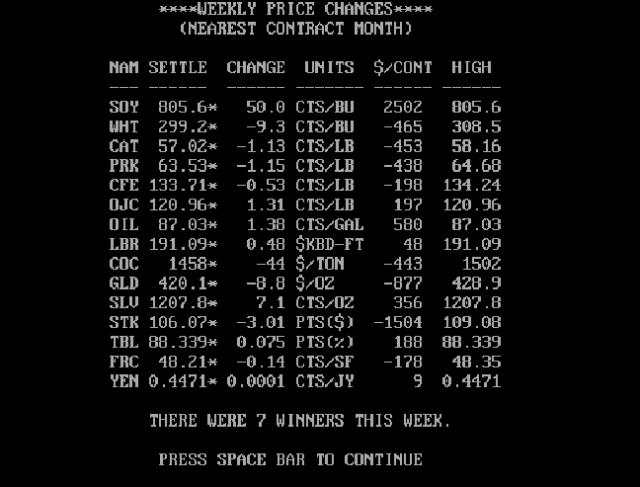
Tycoon: The Commodity Market Simulation - additional information

Tycoon: The Commodity Market Simulation - A 1983 Classic DOS Game Overview
Tycoon: The Commodity Market Simulation is a fascinating game from 1983 that offers players a deep dive into the world of commodity trading. This DOS-based game combines strategy, economics, and business management, allowing players to experience the intricacies of trading in a simulated market environment. In this detailed exploration, we'll cover the game's history, gameplay mechanics, and its enduring appeal, offering insights that will appeal to both nostalgic players and those new to this classic simulation.
Discovering Tycoon: The Commodity Market Simulation - A Journey Back to 1983
Developed during the early days of personal computing, Tycoon: The Commodity Market Simulation was one of the pioneering titles to introduce the concept of a business simulation game to the DOS platform. At a time when the gaming industry was still exploring different genres and styles, Tycoon stood out for its focus on economic simulation, targeting a niche audience fascinated by markets and trading.
How to Play Tycoon: Mastering the Markets
The core gameplay of Tycoon: The Commodity Market Simulation involves buying and selling commodities like wheat, corn, and other market staples, with the objective of making a profit. Players must monitor market trends, predict future prices, and manage their resources wisely to succeed. The game challenges players with dynamic market conditions, including supply and demand fluctuations, economic news, and other random events that can affect commodity prices.
Key elements of gameplay include:
- Market Analysis: Understanding the ebb and flow of commodity prices based on in-game economic indicators.
- Strategic Buying and Selling: Timing the market to buy low and sell high, maximizing profits.
- Resource Management: Allocating funds and managing inventory in response to market conditions.
The Educational Value of Tycoon: Learning Economics Through Gaming
One of the standout features of Tycoon: The Commodity Market Simulation is its educational aspect. Players learn fundamental economic principles such as supply and demand, market equilibrium, and risk management. For educational institutions in the 1980s, it served as a practical tool to introduce students to the complexities of economic systems in a controlled, engaging environment.
The Legacy and Impact of Tycoon: A Look at Its Cultural Influence
Despite its age, Tycoon: The Commodity Market Simulation has left a lasting impact on the genre of economic and business simulation games. It paved the way for more sophisticated simulations that blend real-world economic concepts with interactive gameplay. The game's focus on real-time decision-making and strategic planning also influenced the development of future simulation games, making it a cornerstone in the evolution of this genre.
Games Like Tycoon: Exploring Similar Titles for Further Engagement
For players who enjoyed Tycoon: The Commodity Market Simulation, there are several other games that capture a similar spirit and challenge:
- Capitalism II: Offers a more modern take on business and economic simulation, allowing players to control an entire business empire.
- Railroad Tycoon: Focuses on railway empire building but incorporates significant economic and resource management challenges.
- SimCity: While primarily a city builder, it requires managing economic principles to build and sustain a thriving city.
Each of these games provides a unique angle on simulation and strategy, appealing to those who appreciate the depth and educational potential of Tycoon.
Tycoon: The Commodity Market Simulation stands as a testament to the early days of gaming when innovation was key, and games were not just forms of entertainment but tools for education and critical thinking. Whether revisiting the game for a dose of nostalgia or discovering it for the first time, players can appreciate the complex, thought-provoking gameplay that Tycoon offers. This game is more than just a trip down memory lane; it's a compelling exploration of the dynamics of commodity markets and economic strategy.











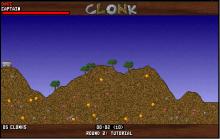
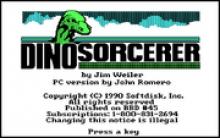

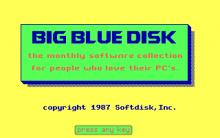
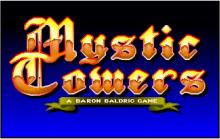

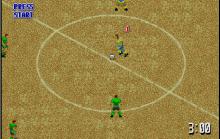
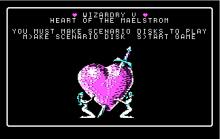
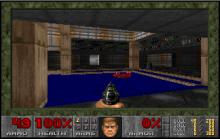
Write a comment